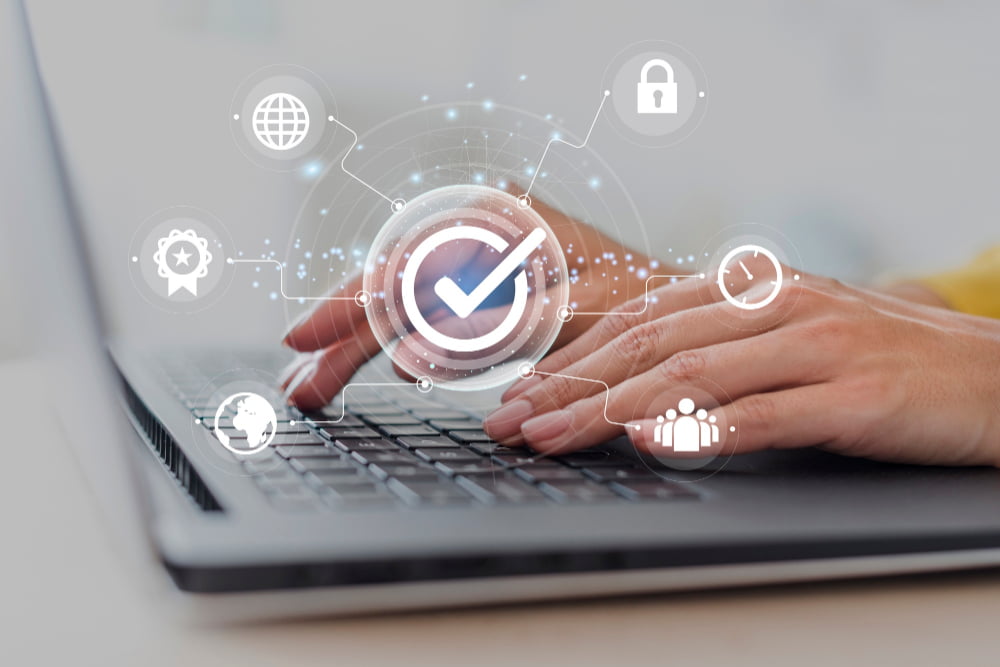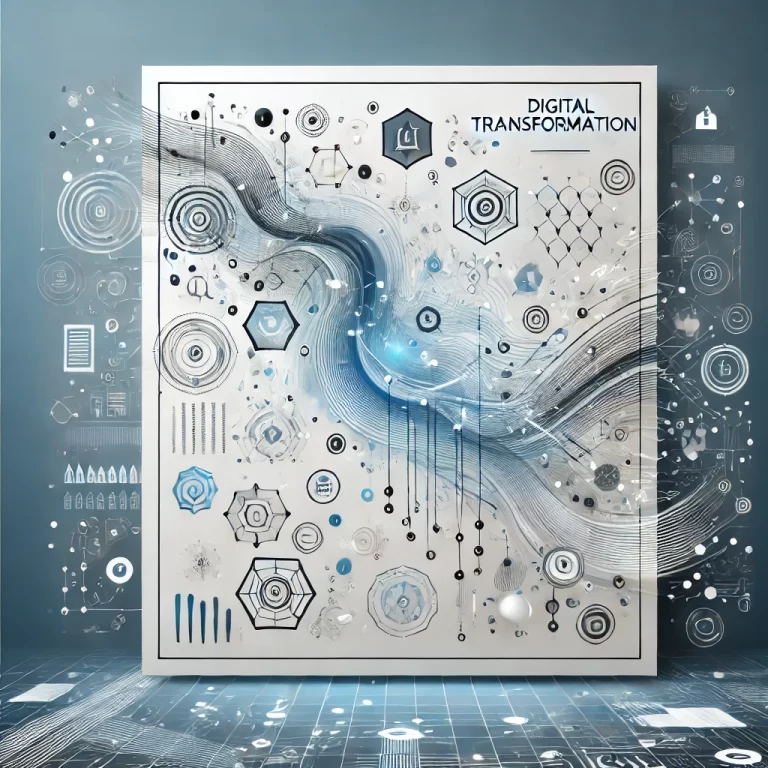Security in ERP Applications

A holistic approach must be followed for true enterprise software security. In ERP, issues such as the security of the software, the security of the operating system on which it runs, the physical security of the server, the security of the network, the security of the end users should be questioned. Updating ERP running on an outdated operating system does not mean that the system is secure. Customers using older products are exposed to attacks on vulnerabilities in such a situation.
The security of ERP (Enterprise Resource Planning) applications is critical to their operation because these systems integrate business processes and manage critical business patterns. ERP security involves protecting systems, data and business parts from malicious attacks and data loss. Here are some basic issues to ensure security in ERP applications to avoid disruptions:
- Identity and Access Management: It is important that the identity of users is restored and that authorization processes and access controls are kept tight. Users only need to have sufficient modules and authorization to authorize them.
- Strong Password Policies: It is important to set policies to ensure that users use strong passwords and encourage regular password use.
- Firewalls and Network Security: It is important to protect your ERP systems with network security measures. Firewalls can be used to block and monitor attacks.
- Data Encryption: Encrypting sensitive data makes it harder for malicious people to get their hands on the stored data. It is especially important to back up portable devices and data.
- Up-to-date Software and Security Patches: Make sure your ERP software and operating systems are up to date. It also regularly issues security updates.
- Monitoring and Auditing: Effective initialization and auditing of your ERP systems is important to detect malicious activity.
- Electronic Security: Physically protects server rooms and data centers and can improve the efficiency of your ERP system.
- Education and Awareness: Educate and make users aware of security and good practices. Encourage them to be vigilant against social engineering attacks.
- Backup and Recovery Plans: Make regular backups and create recovery plans for data loss and download.
- Third Party Software: Perform security checks and regularly update third-party software integrated into your ERP systems.
ERP security should outline a continuous strategy and meet the specific processes of your business. It is therefore important to pay attention to safety best practices and local regulations. Also critical is industry harmonization and compliance with safety-related recommendations.
As a result, the security of an ERP system is directly related to the physical and digital security of the business. Software companies and businesses must take urgent measures. Rather than security costs, the focus should be on damage costs in attack scenarios. This is as strong as the weakest link in a chain. The weakest link in cyber security is the user. Users should receive regular security training. Security protocols need to be transparent so as not to slow down the business processes of users. Support should be sought from professionals, security tests of the system should be conducted, and risk maps should be drawn to identify areas to take precautions.

Previous Post
Inventory Management in ERP Applications
Next Post
Price Tracking in ERP Applications






